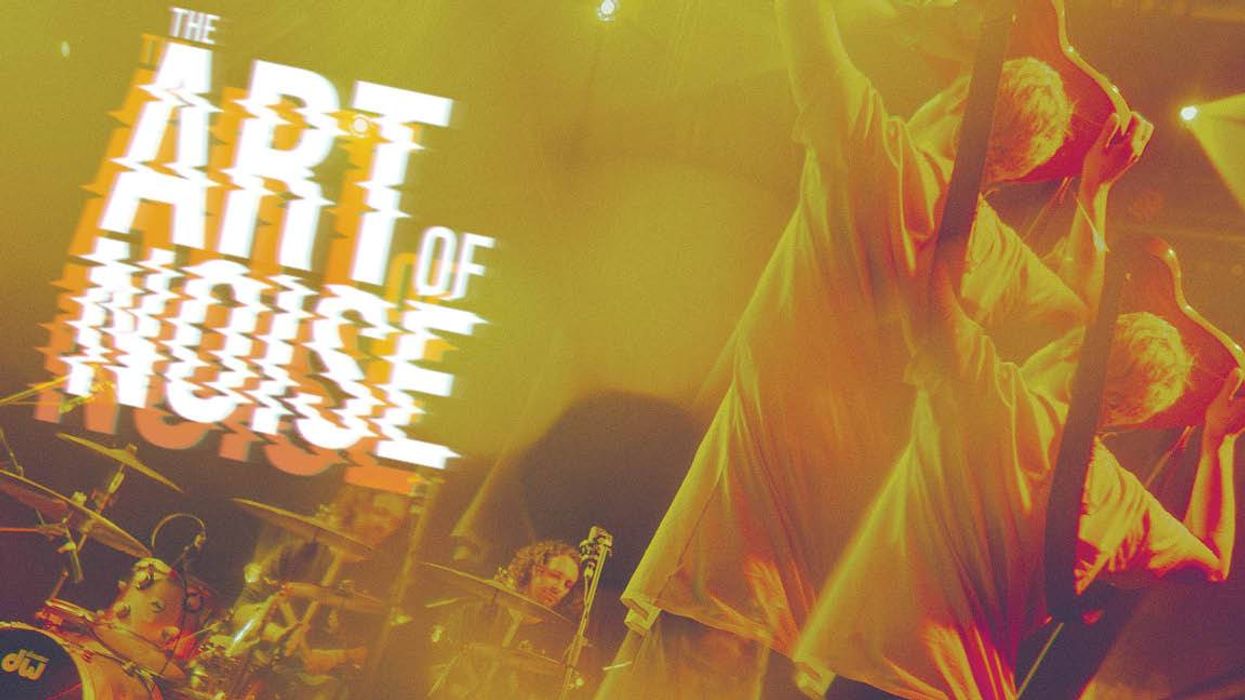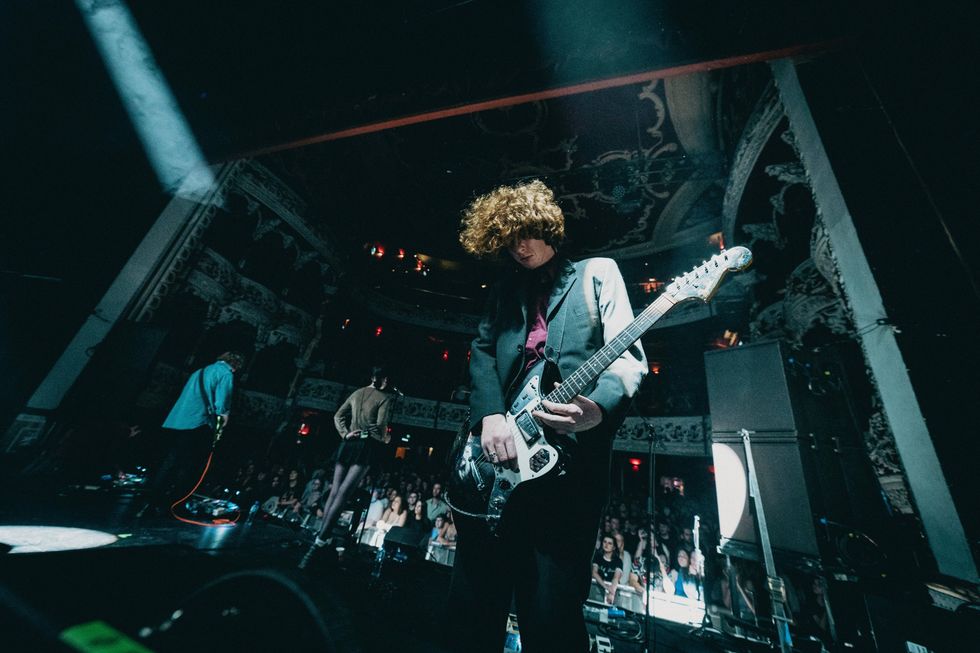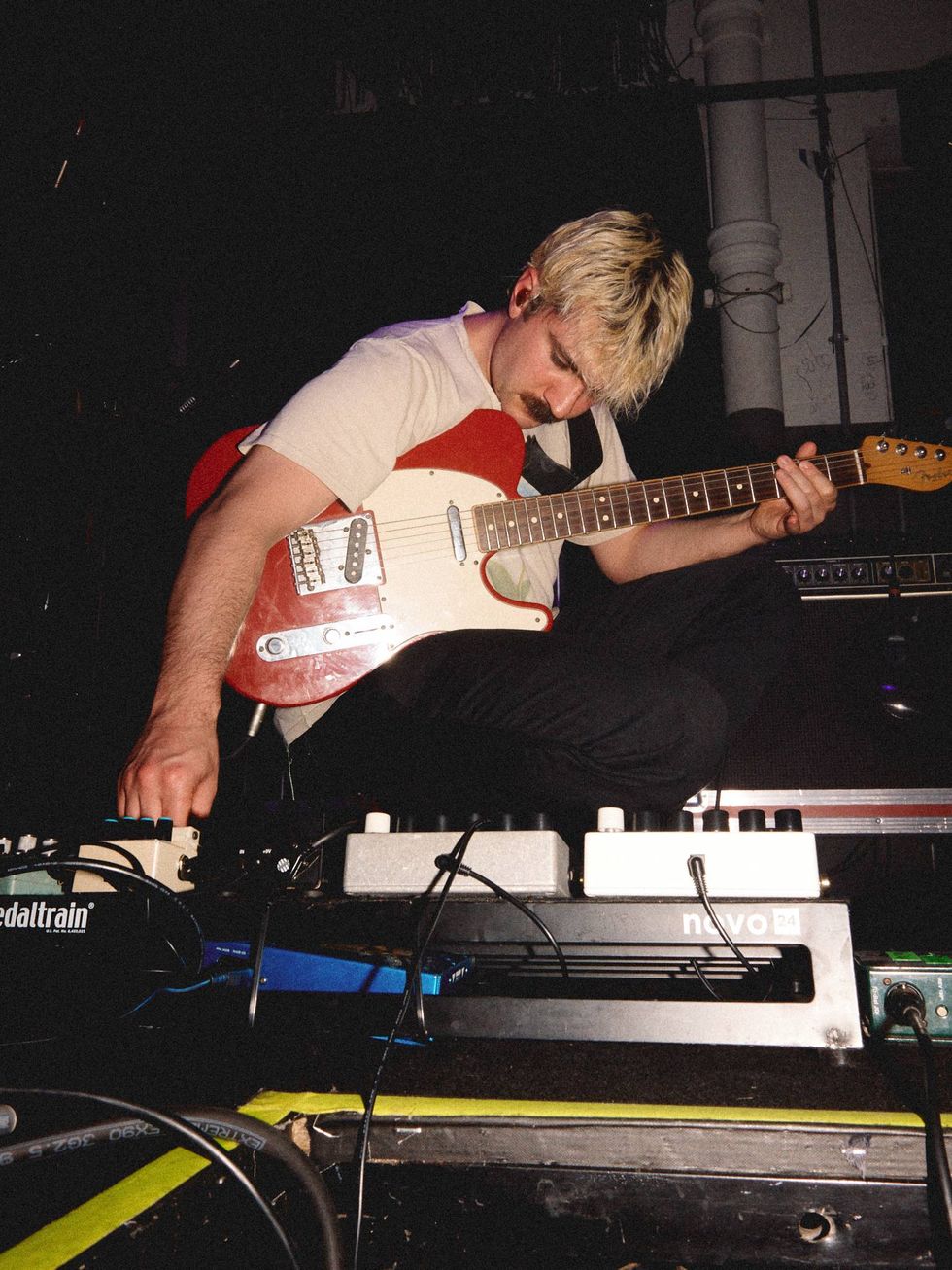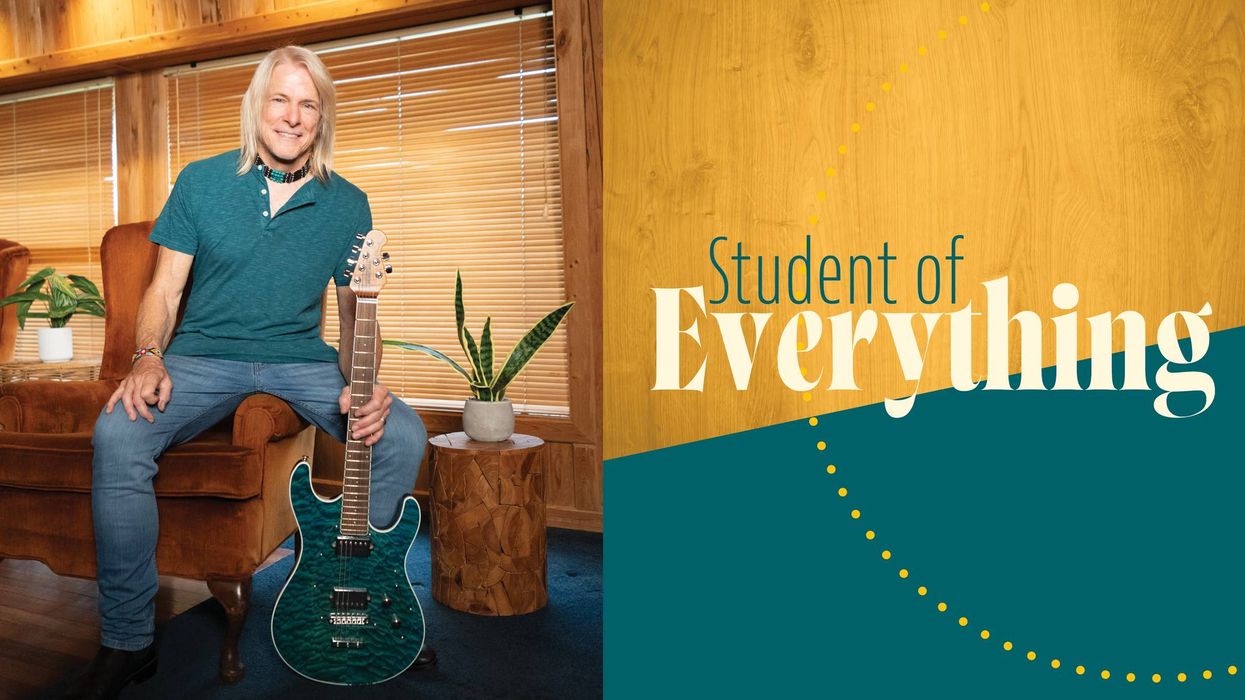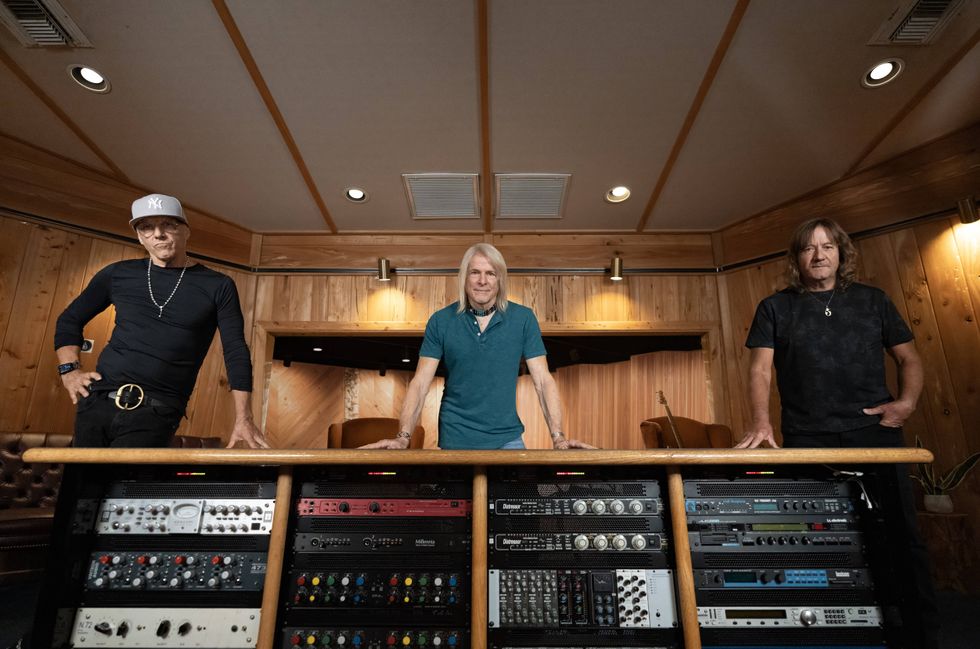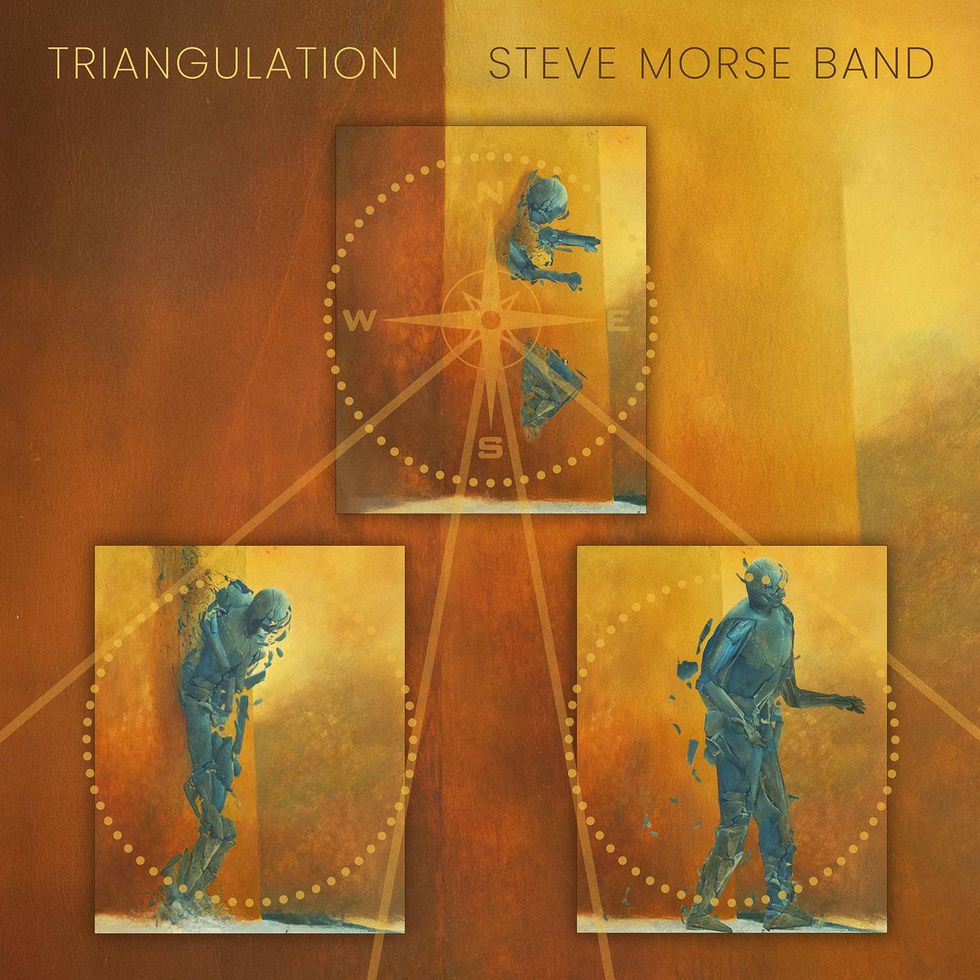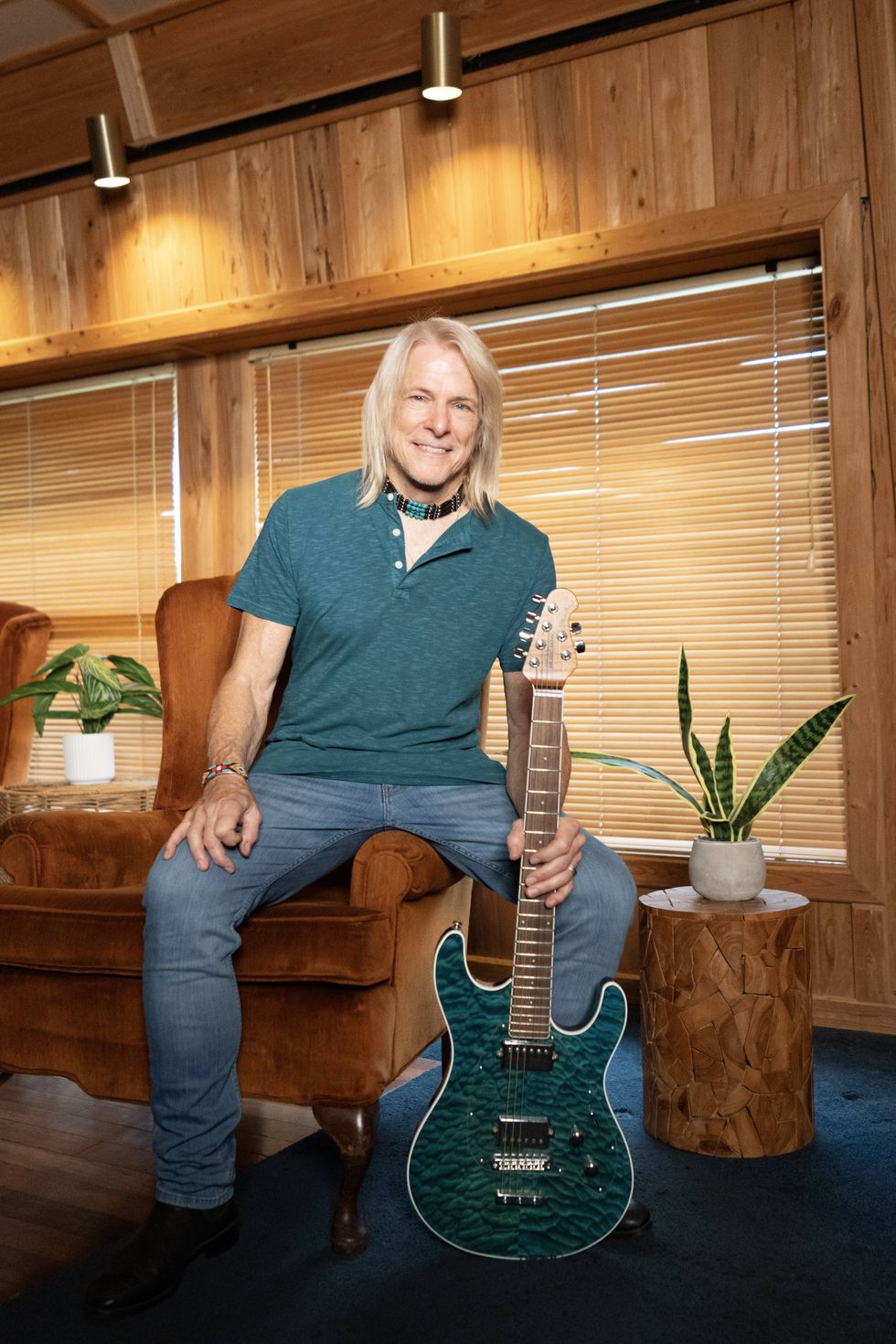In his 2017 book The Order of Time, Italian theoretical physicist Carlo Rovelli looks to Saint Augustine to demystify the question of how it’s possible to experience music if we are physically rooted to the present—while music, of course, happens over seconds, minutes, hours. “It is possible, Augustine observes, because our consciousness is based on memory and anticipation,” Rovelli writes. “A hymn, a song, is in some way present in our minds in a unified form, held together by something—that which we take time to be. And hence this is what time is: It is entirely in the present, in our minds, as memory and anticipation.”
The idea of this middle place haunts Brooklyn indie-rock band Big Thief's latest record, Double Infinity. In a press release, the band noted that the album title refers to the idea of the “purgatory created by the human brain, always looking to the past or future, between the things we’ve lost and the things we want, between desire and regret.” There are few lyricists in recent memory writing as movingly about this experience—that of looking back, of time passing, moving, receding and stretching out in front of us—as Adrianne Lenker.
“Without this idea of time there’d be no grandmothers and grandfathers, or children,” Lenker says over the phone from Mexico City with bandmate Buck Meek. “There’d be no difference between any stages of life. It’s so wrapped up in reality as we know it, or at least this perceived reality or dream. I feel like it’s such an interesting idea, because it’s a thing that we live with, and the parade leads to the same place for everybody. It’s all wrapped up in death and birth and all of the things we experience along the way, like longing and loss and grief and joy. While you’re falling in love with someone, you’re also perceiving the end of that thing because of time—because of the inevitability of its passing.”
“While you’re falling in love with someone, you’re also perceiving the end of that thing because of time—because of the inevitability of its passing.”—Adrianne LenkerOn one hand, the nature of music makes it a simple task to create compositions concerned with time, as all music occurs over a duration of time. But what does it actually sound like to fully realize that? As a group, and this time with a cohort of studio collaborators, Big Thief’s sonic treatment of these themes captures a specific duality of being: its miraculousness and mundanity. Double Infinity’s production is low-key and handhewn, with rhythms and repetition building feelings that oscillate between grounded and hypnotic, and flourishes of the transcendental—be it blasts of guitar sorcery (“Words”) or ambient icon Laraaji’s wordless vocal flights (“Grandmother”). The result is Big Thief’s most fluid, breathing, flowing record to date—and, for Lenker, an evolution of what the term “rock ’n’ roll” can mean.
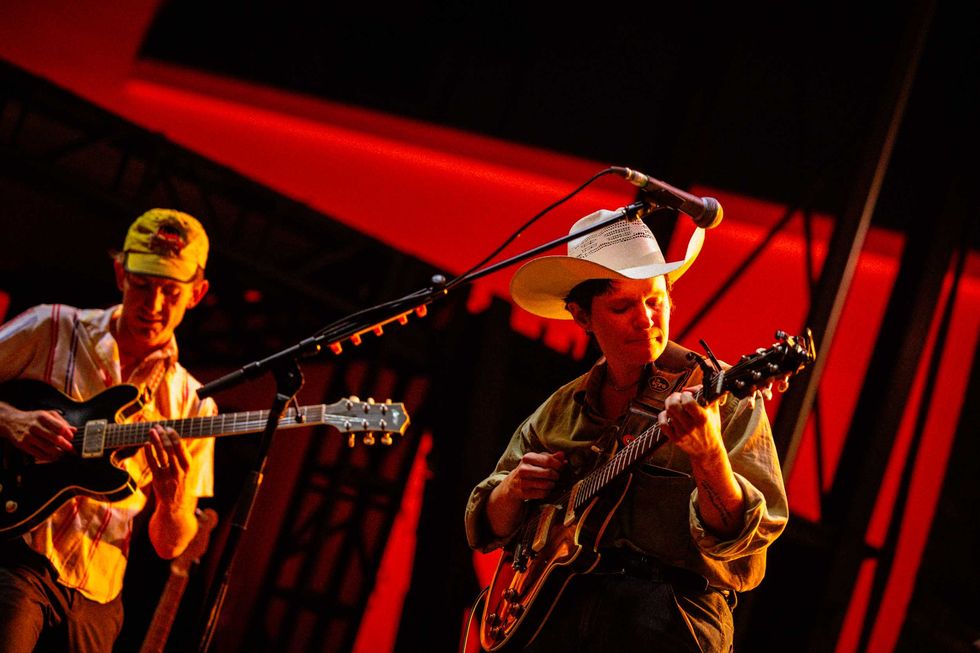
Meek and Lenker duet on their Collings at a show in 2023.
Debi Del Grande
“It just immediately makes me think about the bedrock of the earth, and the rolling of the waters and the winds and ethers,” Lenker says. “I think about that dance between what is rooted and solid-feeling and what is fluid and liquid. [Rock ’n’ roll] really needs both.”
Creating music that captures that dance is made easier by a few special tools. Both Lenker and Meek gush over their friends and luthiers Aaron Huff and Clint Watson (at Collings Guitars) and Flip Scipio. Huff—“a true Jedi of good in the guitar world,” Lenker says—spent four years building Lenker’s acoustic guitar in his free time, and gifted it to her on the day of a solar eclipse, the same day she met Laraaji. “It’s basically meant for the way I play—open tunings and fingerpicking—and it sounds like a grand piano. It’s so special,” Lenker says.
Meek says two of Huff and Watson's creations at Collings—the 71 and the Ladybird—are in heavy rotation in his quiver. He uses the latter for jazzier songs. Meek and Lenker both also have their own Flipperkasters, custom models made by Scipio. “I’ve never connected with an electric guitar so deeply until he put that in my hand,” Lenker says.
“The guitars we really love are the ones that have been mediums for friendship, or conversations with people in our lives that have really influenced us,” Meek says. “The instrument is kind of just a vessel for that.”
On Double Infinity the guitar, along with the rest of the instrumentation, acts as a conduit for connection. With 10 people improvising arrangements in the studio, the aforementioned fluidity builds from individual players’ intuitive responses to the aggregate. For Meek, that led to a lot of simplifying and repeating lines, offering room to other instruments, and creating an environment where rhythm feels like the element around which everything orbits.
“The guitars we really love are the ones that have been mediums for friendship.”—Buck Meek
“Playing in this band has definitely encouraged me to tap into my intuition more, just through watching Adrianne play and write songs so intuitively,” Meek says about his experience unlearning more academic modes of improvising. “It’s a process of letting go of all of that music theory and just trusting that the language is in there somewhere, and reconnecting with a more somatic approach to improvisation.”
Adrianne Lenker’s Gear
Guitars
Flip Scipio Flipperkaster (sunburst)
Flip Scipio Flipperkaster (woodgrain/gold)
Collings SoCo (green)
Collings SoCo (brown)
Huff acoustic
Amps
1960 Fender Tweed Deluxe
Two-Rock Vintage Deluxe 35-watt head and cab
Effects
Boss DC-2W Dimension C
Mikel Patrick Avery Zeffle Box Type1
Strymon El Capistan
Analog Man Prince of Tone
The GTO Pedal (modded Klon Centaur clone made by Ben Gram, Adrianne's guitar tech)
Lehle amp switcher
Peterson StroboStomp
Strings & Picks
D’Addario EJ16 acoustic strings (.012–.053)
D’Addario NYXL 1252W strings (.012–.052)
D’Addario NYXL Custom Nickel/Steel Set (.011–.015–.018–.028–.038–.054)
G7th Performance 3 ART capos
Kyser capos
Fred Kelly Medium Slick Picks
2- and 4-sided nail files
Buck Meek’s Gear
Guitars and Basses
Collings I-35
Collings Ladybird
Collings 71 M
Flip Scipio Flipperkaster
Guitar Mill partscaster (Throbak pickups, Callaham Guitars hardware)
1954 Gibson Les Paul Custom Staple Pickup Reissue
Bayard acoustic
Amps
1957 Fender Super
1955 Fender Champ 5E1
Effects
Analog Man Beano Boost
Charlie Pedals Troubadour
Lehle volume pedal
Soundgas 636P
Gamechanger Plus Pedal
Mikel Patrick Avery Brackle Box
EHX Attack Decay
EHX Nano POG
Walrus Audio Julia
Fairfield Circuitry Meet Maude
Strymon Flint
Strings & Picks
Fender medium picks
Curt Mangan strings (.010–.046)
This all requires a concentration on being where you are. Settling into the groove, let’s say. The purgatory between Big Thief’s double infinities is, itself, an endlessness. We comprehend its power and depth when we’re jolted into truly feeling it; in moments of profound loss or acute pain or consuming love, past and future briefly cease to exist. If one listens close enough and thoughtfully enough, the effect of Double Infinity, its rolling rhythms and loose drip, is one of tapping into the moment—freedom from the dissolving before and the unknowable after.
“The thing that pushes me to keep making and playing music is that I run into my own limitations all the time, and I just want to get a little bit more free with each album we make.”—Adrianne Lenker
“I feel like the thing that pushes me to keep making and playing music is that I run into my own limitations all the time, and I just want to get a little bit more free with each album we make,” Lenker says. “And I feel like people could be like, ‘What are you doing? It sounds so loosey goosey and wide open,’ and it's like—”
“That’s the very thing I’m proud of,” Meek adds.
“Yeah, that’s great,” Lenker continues. “To be honest, I think I had more fun in that session than I ever have before, because there was this big, open feeling of music and we were listening to all these other people playing with us. It wasn’t about shaping our wants and desires perfectly into the shape we think it should be with our minds. It was about just being there for that experience.”


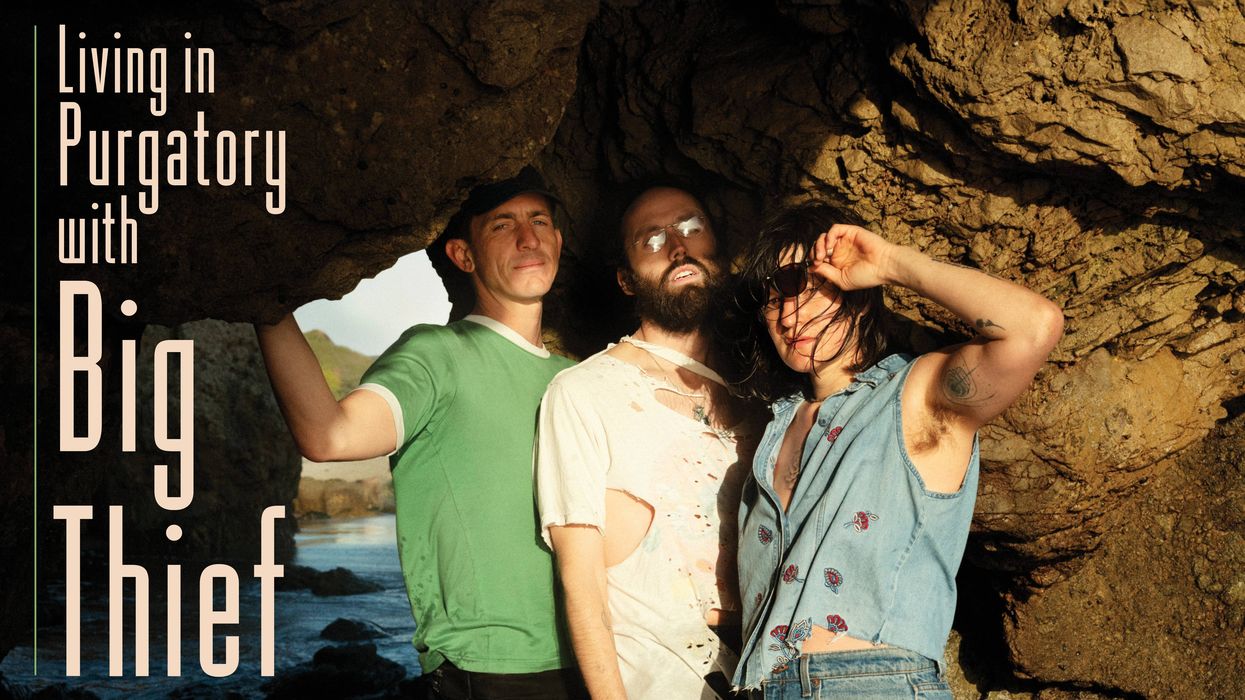
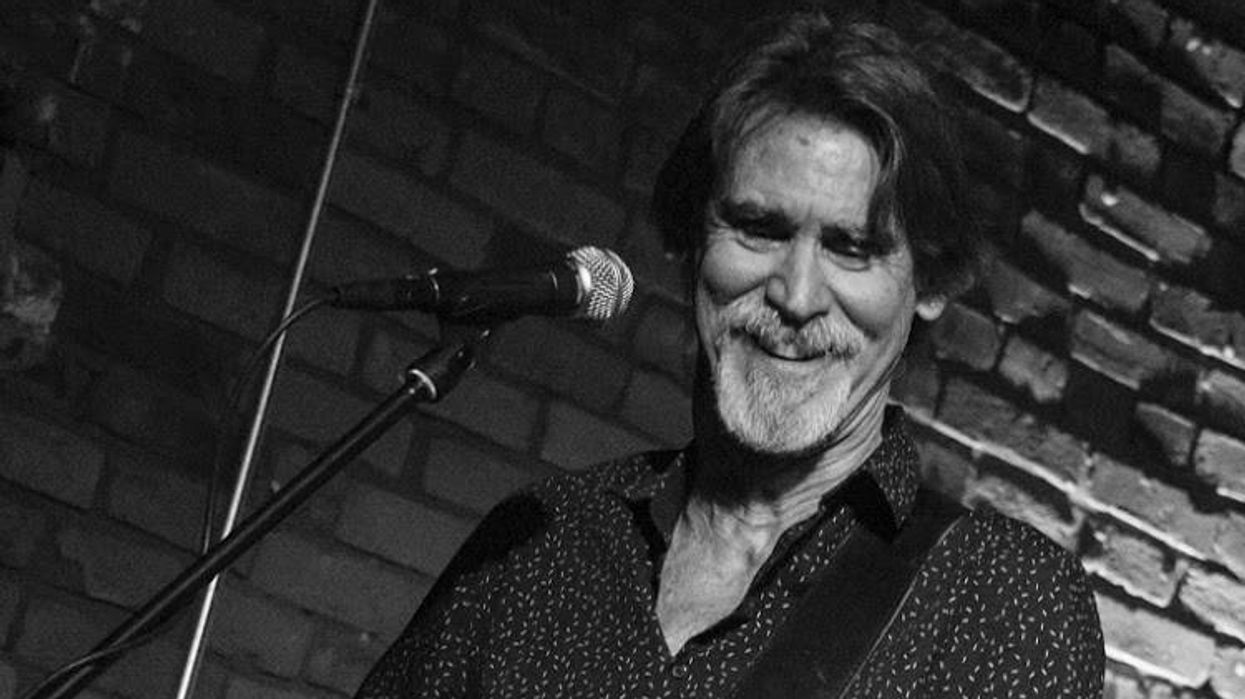
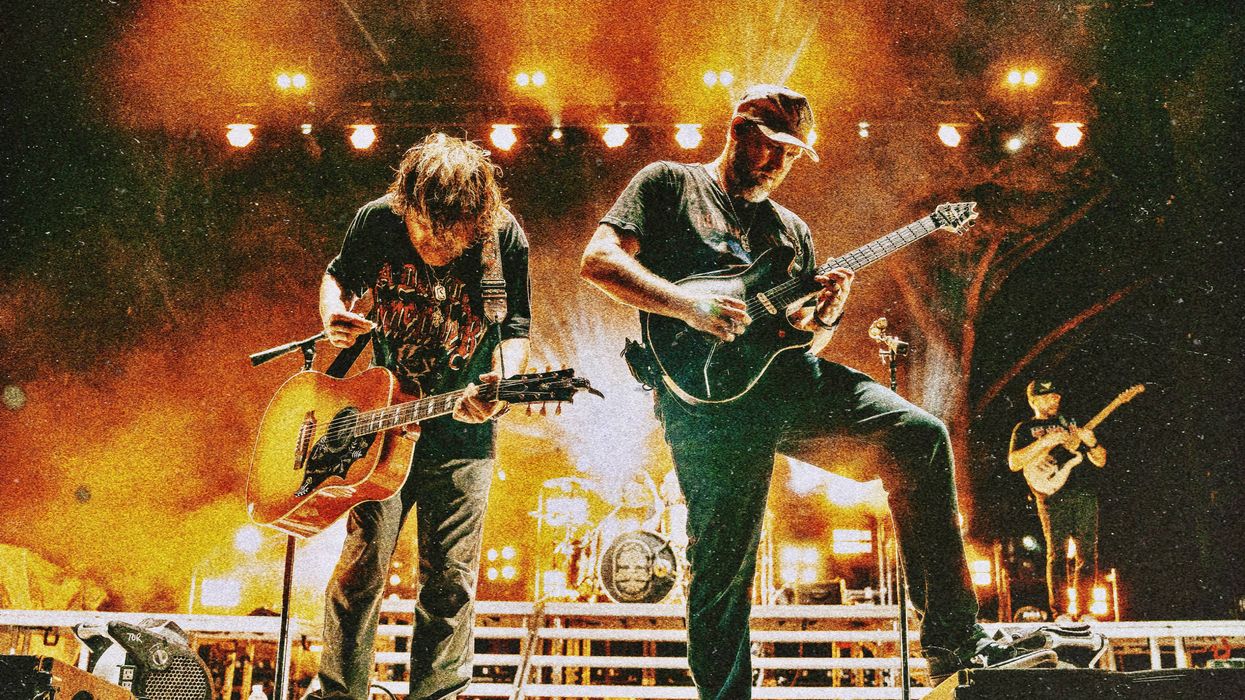
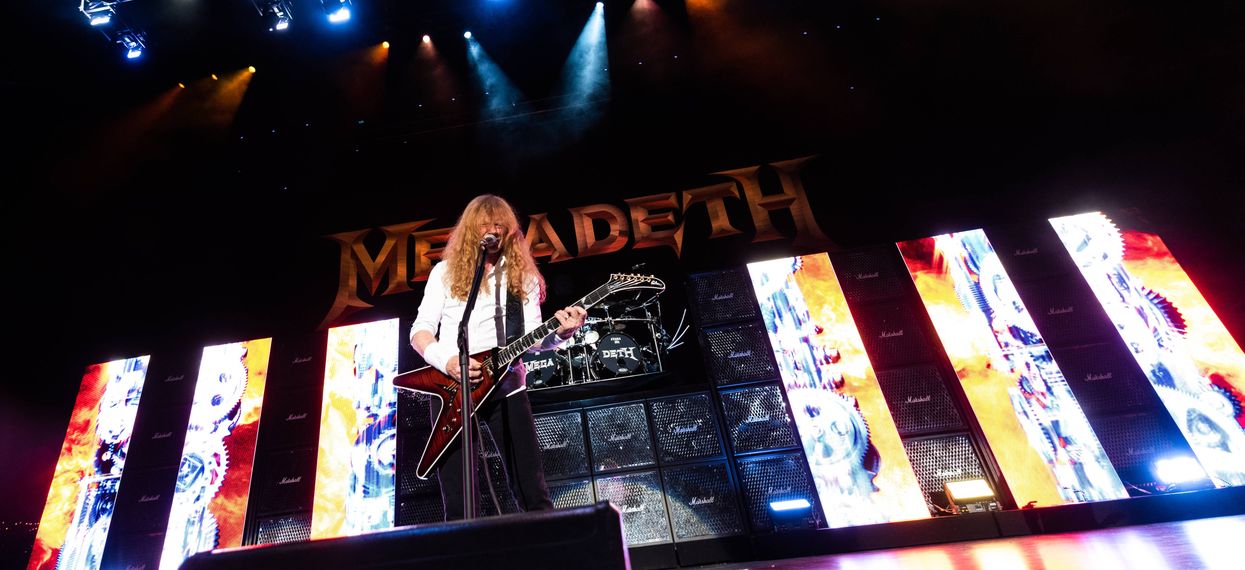




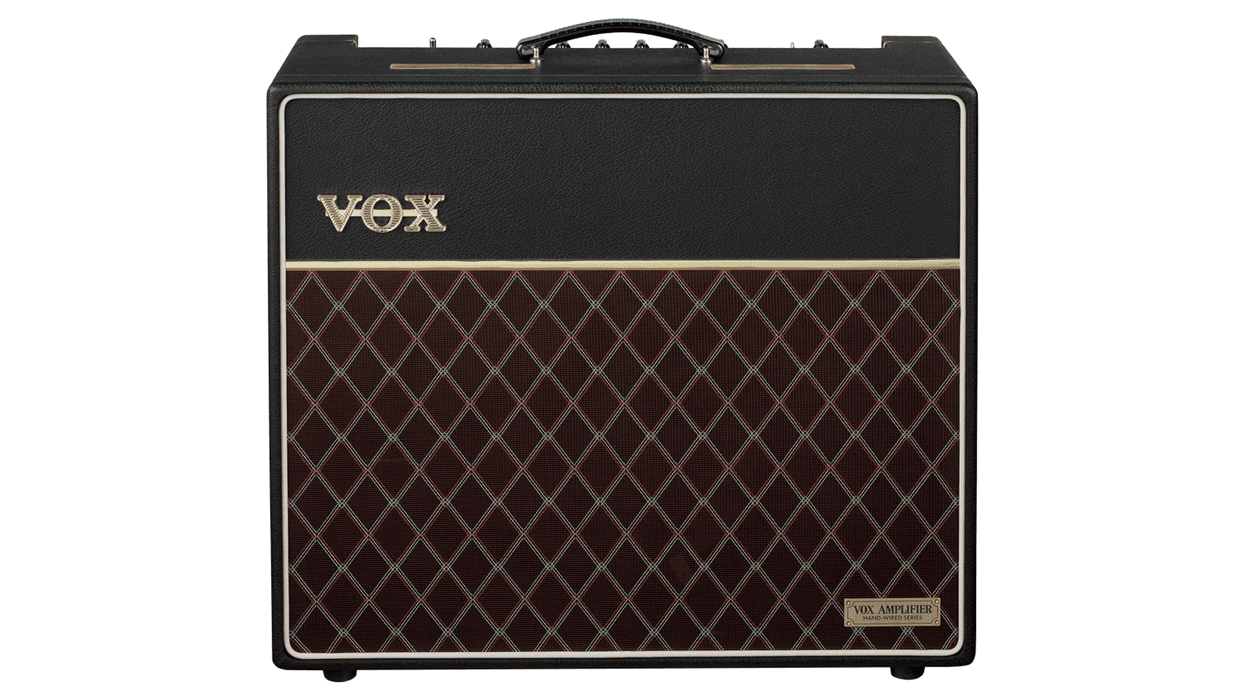
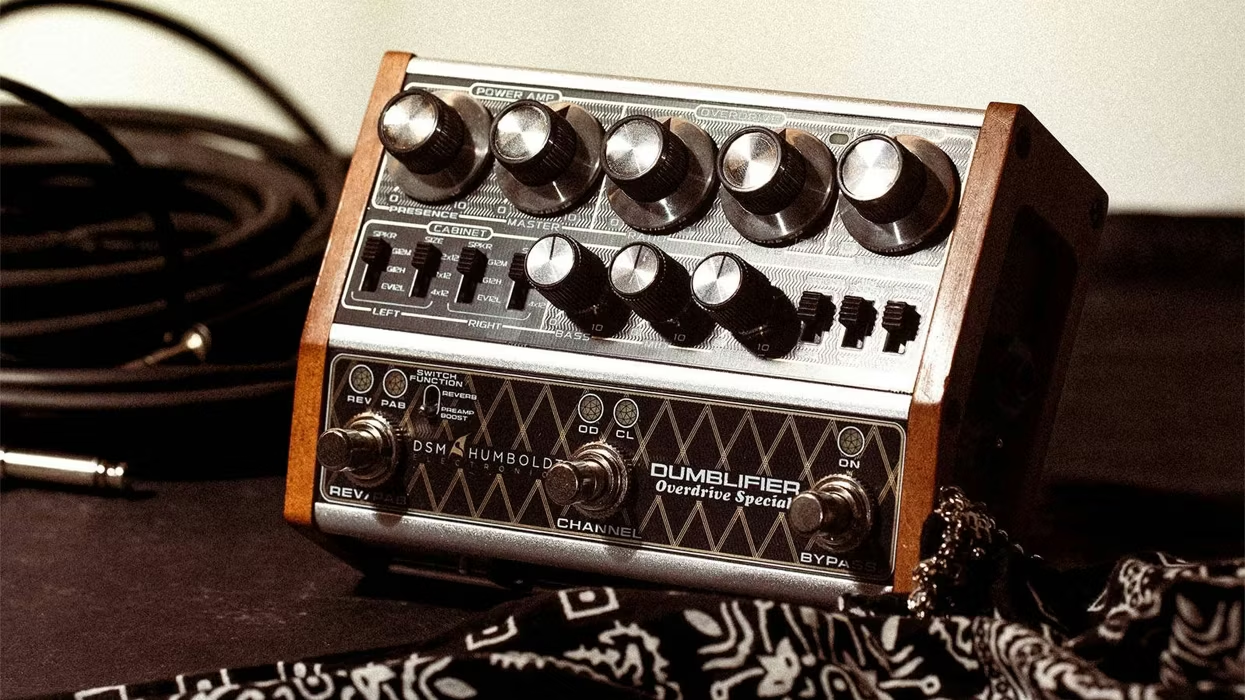
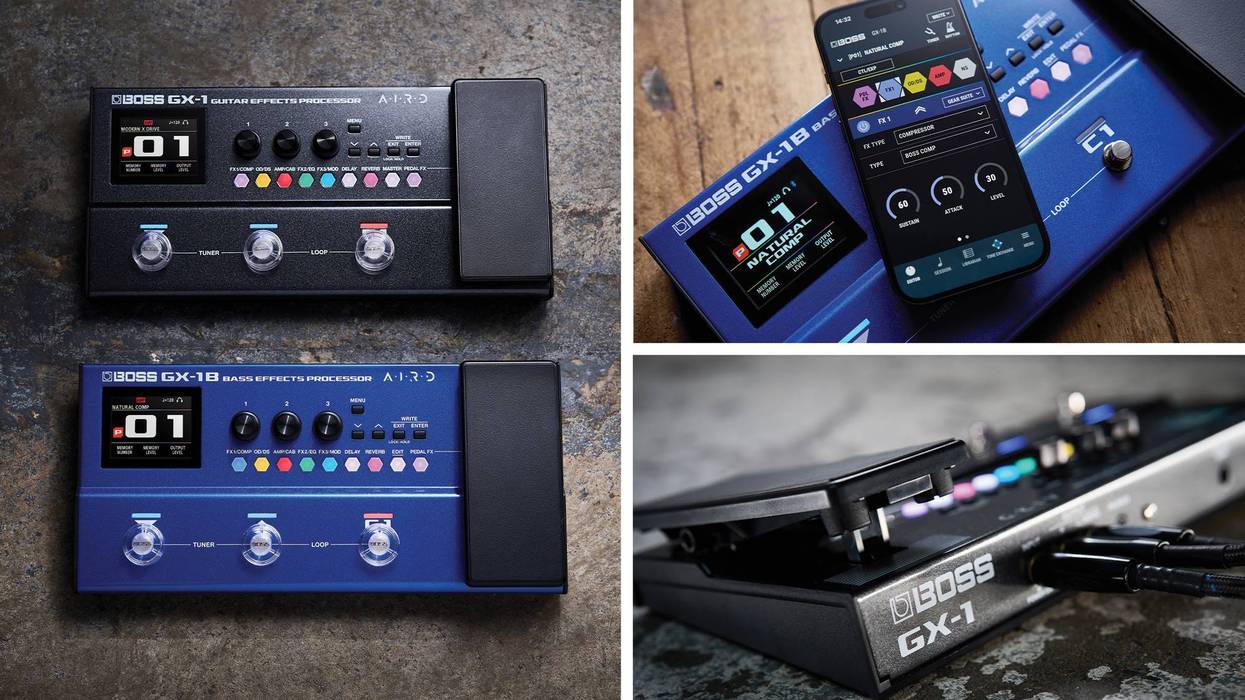

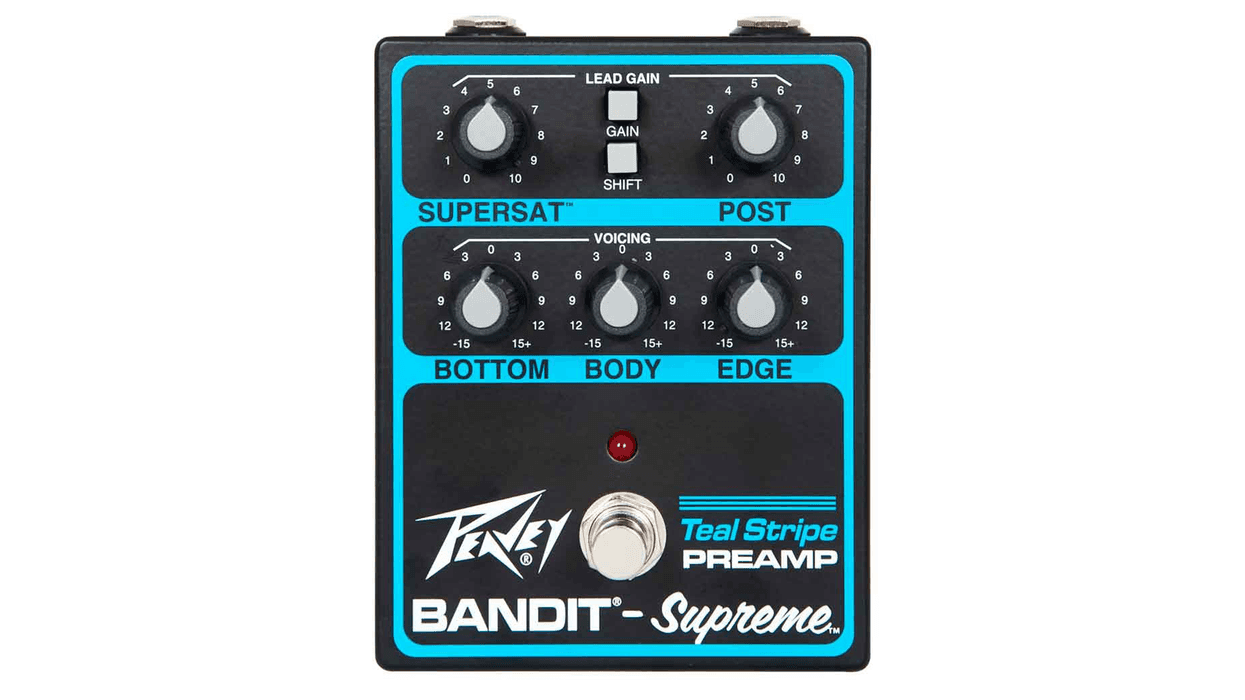
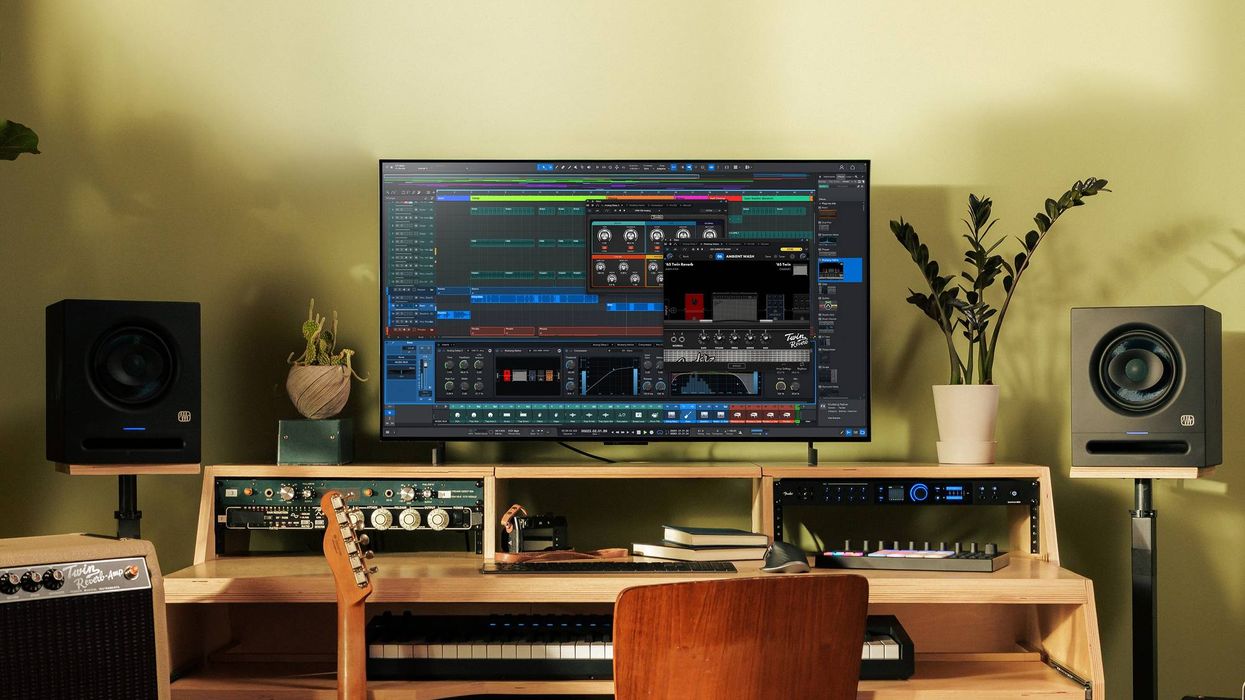
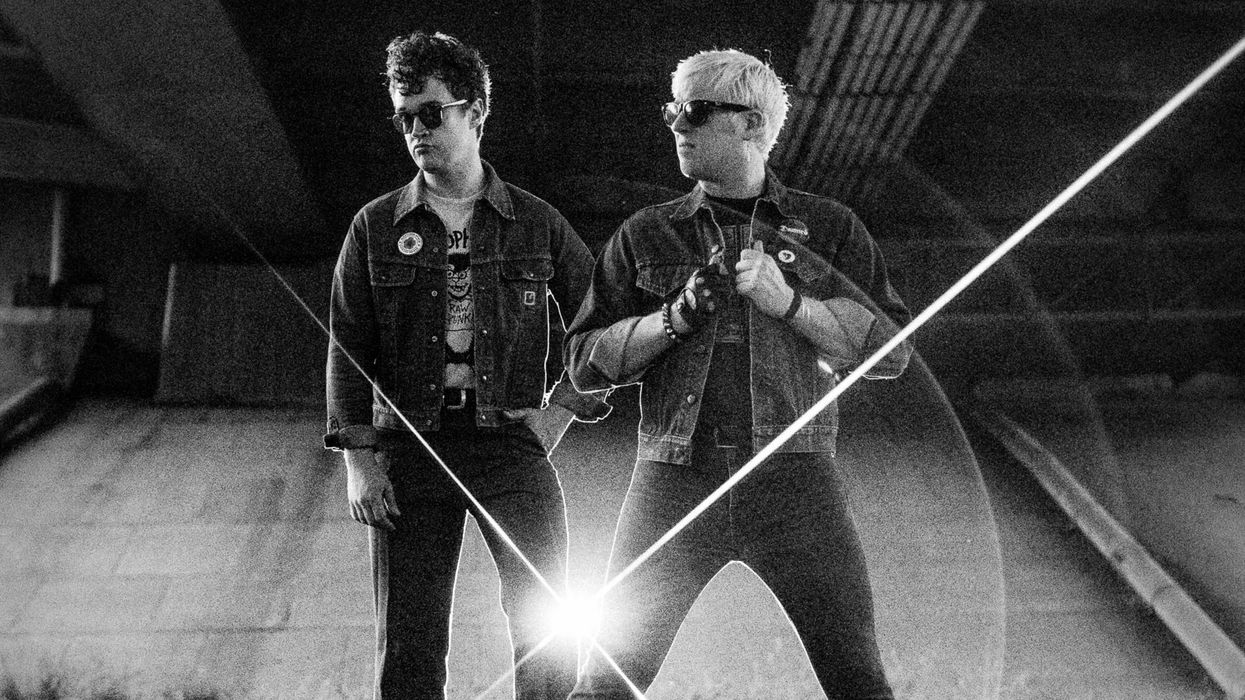
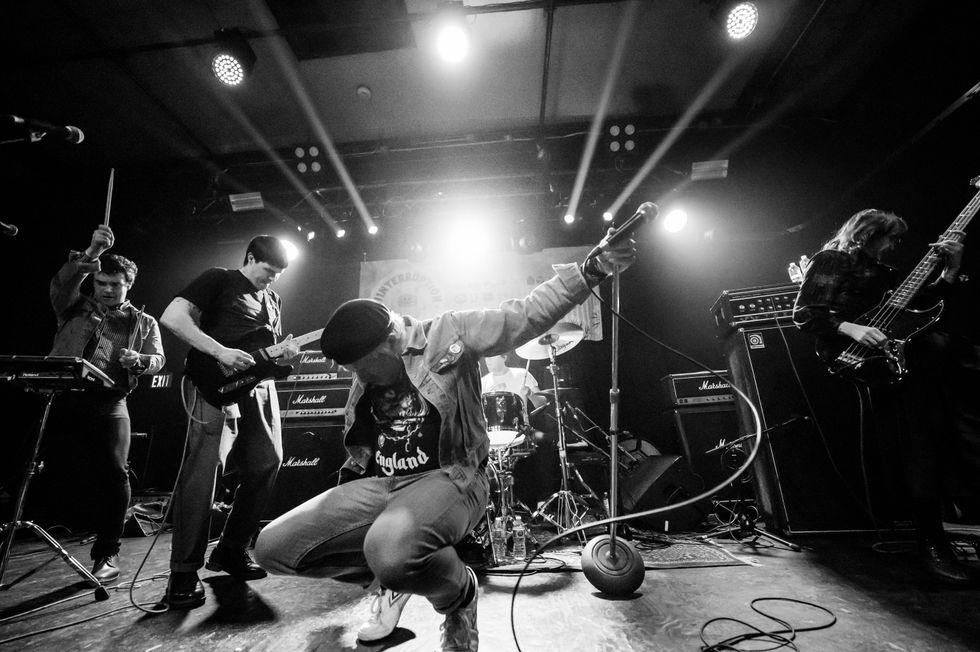




 Bettencourt onstage with the Dark Horse at the Motocultor Festival in Carhaix, France, on August 23, 2005 Sarah "Sartemys" Leclerc
Bettencourt onstage with the Dark Horse at the Motocultor Festival in Carhaix, France, on August 23, 2005 Sarah "Sartemys" Leclerc